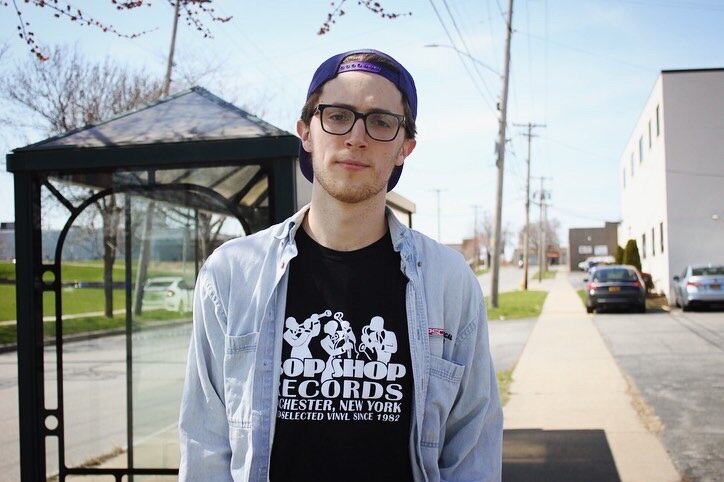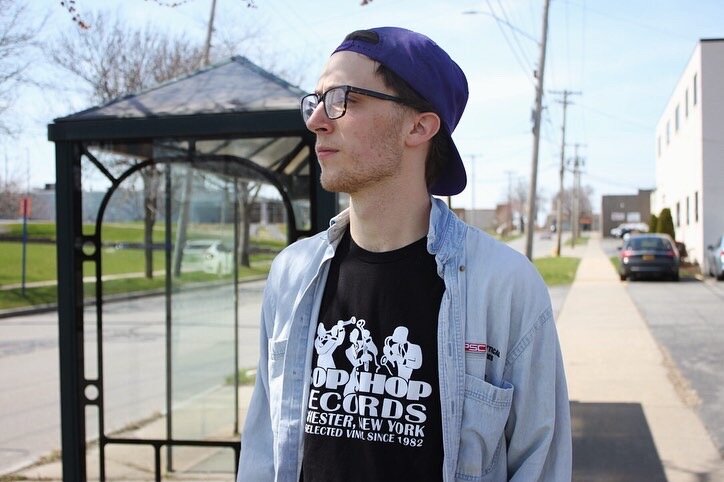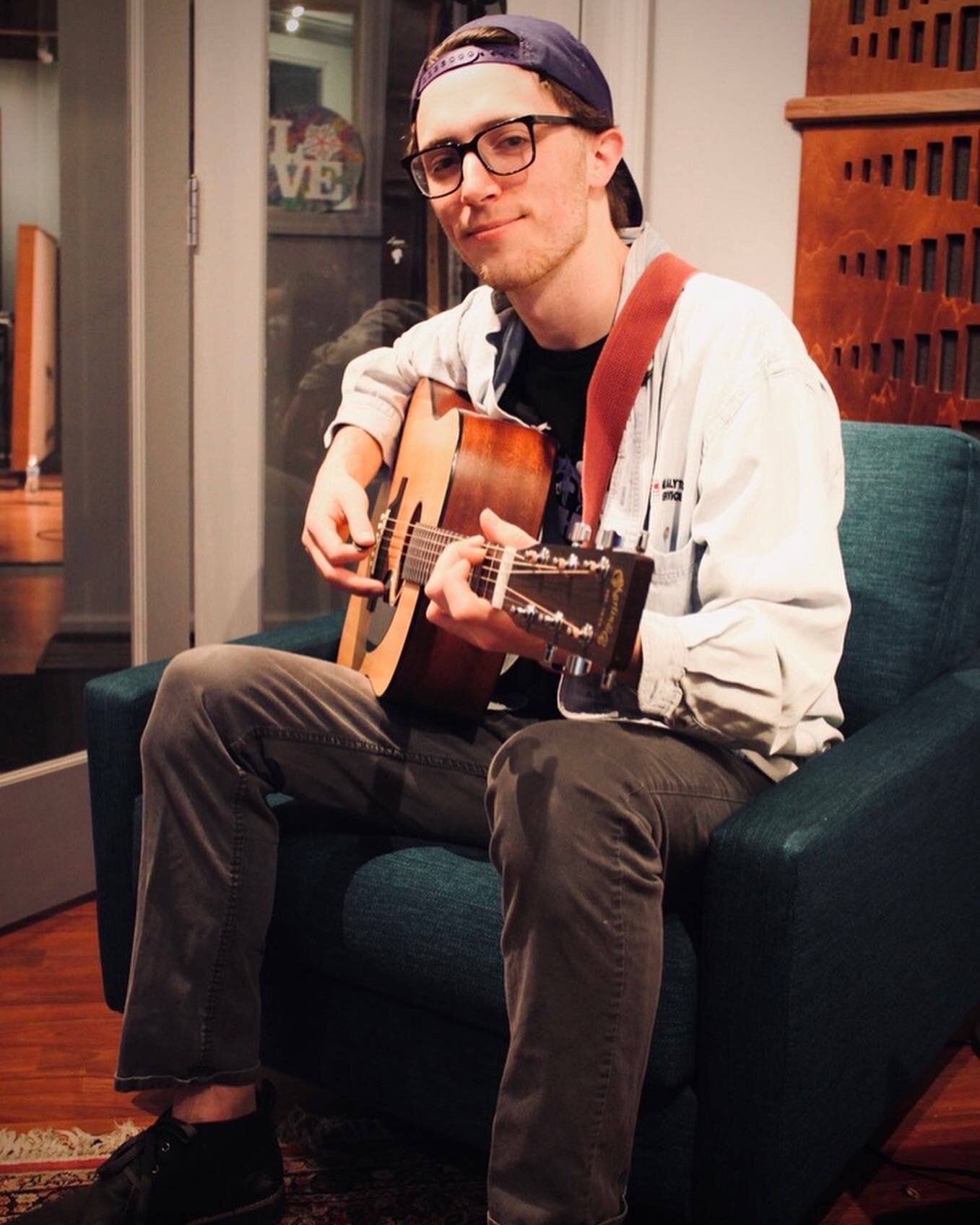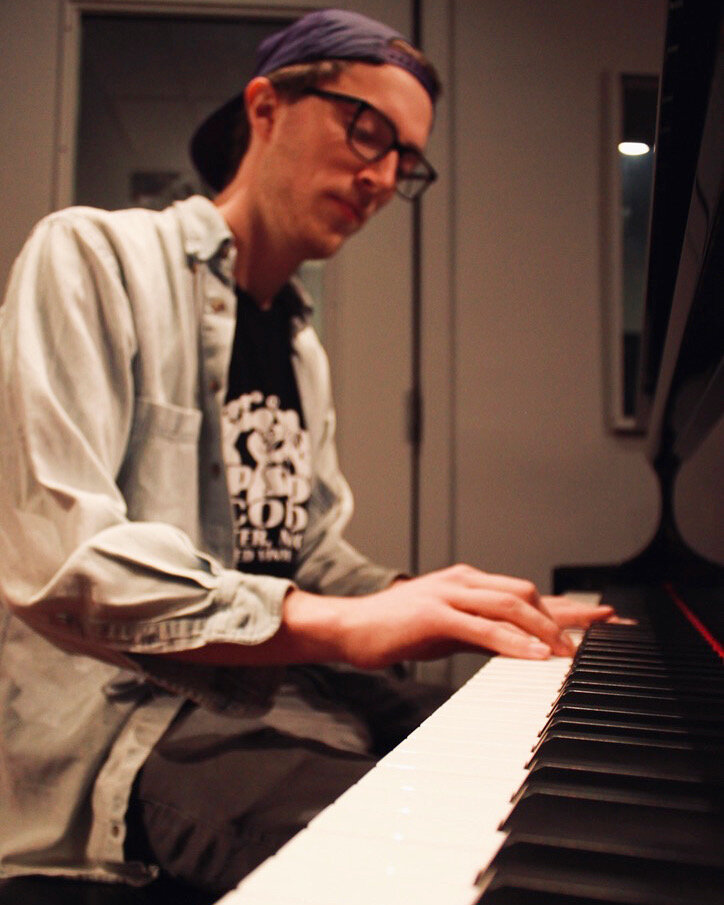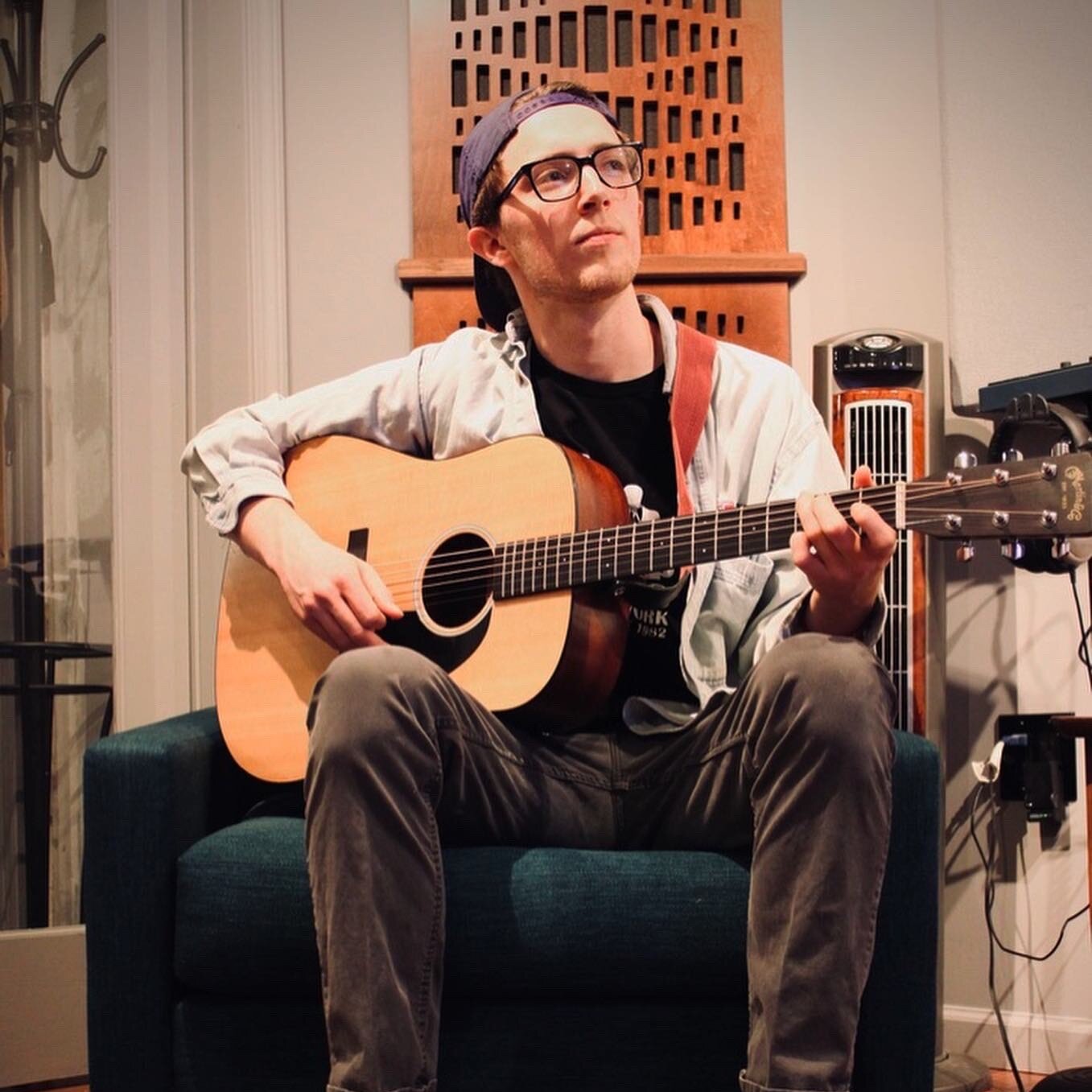Ray Mahar
“I was in the mindset of “I just need to go out there and fix all of it.” And after I kind of expressed all of this, he told me that before I do any of that, I needed to figure out why that mattered to me, and how I could start taking care of myself before I took care of others. That really rocked my world. So how have I begun to heal and grow... I guess I am working on me.”
NAMI: Have you ever had any mental health struggles?
RM: My experience in working through and with my mental health has been sort of brief. I have never been diagnosed with a mental health illness. But I know that, as human beings, we all experience mental health struggles, and we are better versions of ourselves when we accept that and begin to find ways to take care of ourselves. Just this last month, I started working with a therapist, which was a huge first step for me. I was really scared and nervous, to be honest. I believe in therapy as a resource to help individuals work through struggle, grief, and pain. But when it came down to me sitting in the (virtual) chair and working on myself and my struggles… well, that was uncharted territory for me. But without question, it has been a beautiful and eye opening experience. The biggest realization I have found is that it takes immense strength to put yourself in that chair. And doing this work has already had such a positive impact on my mental health.
NAMI: How have you healed, recovered, and grown from your experiences?
RM: I think I am still figuring out what it means to heal and grow from my own experiences. On Day 1 when I met with this therapist, I told him that I had been thinking of a few certain struggles from my life for a while, and thinking about how they still kept me up at night. I wanted to find ways to solve these problems in my life, figure out ways I could make amends with people I may have hurt or repair relationships that may have been broken. I was in the mindset of “I just need to go out there and fix all of it.” And after I kind of expressed all of this, he told me that before I do any of that, I needed to figure out why that mattered to me, and how I could start taking care of myself before I took care of others. That really rocked my world. So how have I begun to heal and grow... I guess I am working on me. And that has proven to be one of the hardest, but most rewarding things I have ever done.
NAMI: You’re a musician — you play in A Girl Named Genny. What, if any, impact does music have on your mental health?
RM: I think having the ability to play and create music has had a huge impact on my mental health. Performing is one of the most cathartic experiences I have ever felt in my life. You take years of thoughts and feelings that were bottled up inside of you, you place them into songs, and in a few hours you give them to a room full of people who, most of the time, know nothing about you. And that exchange is terrifying, but it is also so freeing. All of the grief and sadness I may have held onto is just gone for a moment. And if you are lucky, after the fact, someone will say to you, “That song you sang. It meant something to me.” That to me is the sole purpose musicians are put on this earth. To let people know they are not alone in their struggle or individual experience. To allow folks to connect in a way that transcends any other standard form of communication. Your ears and hearts open up for just one night and as the music plays, you just get it. Those moments of connection make it possible for me to stand up on that stage night after night and sing about shit that has been hard and meaningful for me. Because it reminds you that you are not alone.
NAMI: How do you practice self-care?
RM: Music. When I feel stressed, I play guitar. When I feel angry, I write songs. When I feel happy, I find my way to the piano. When I feel heartbroken, I sing. I am not sure if I will ever be able to put into words how grateful I am for that expression. During hard and difficult times in my life, I believe that ability to escape into music has kept me level-headed, honest, and gave me the ability to process emotions that sometimes feel uncontrollable. I should try and adequately find a way to thank my sister Kate for passing off her $60 acoustic fender to me.
NAMI: What forms of mental health-related stigma have you observed or run into personally? Do you think it’s still harder for men to talk about things like mental health and feelings in 2021?
RM: I went to a private school that was all boys. I think that we did all operate under the assumption that showing emotion or pain was weakness. Guys were supposed to be tough, strong, and confident. And if you could do that all of the time, then you were considered great. It wasn’t until groups of us went on retreats around 11th and 12th grade where we were put in spaces to intentionally talk about our feelings. And when I think back about that, a small part of me is grateful. Those retreats began to shred the narrative that men don’t show weakness, that men can and should be vulnerable, and that we all had personal struggles we were dealing with. You don’t equate vulnerability with weakness. But a much larger part of me thinks, why did it take until we were all 17 years old to make that happen? How can we give young men and boys experiences earlier on where they find value in taking care of their own mental health? How do we start to break down these stigmas that boys and men should show their feelings less? For a long time I lived out that same false narrative. I lived most of my life in my late teens and early twenties blocking out any emotion and intense feelings. I had a lot of personal baggage I didn’t want to work through, and it felt good to be the guy who didn’t care; that didn’t feel anything. I hurt a good amount of people putting on this act, and probably hurt myself in the process too. I am not perfect. I have made mistakes. But I also haven’t had some big life awakening. I am not a new person. I am just trying to develop an awareness of myself and how I feel. I want to be someone who processes emotion and hardship, not someone that runs away from it. Because I believe in developing that awareness I can be a better friend, family member, partner, co-worker, and person.

